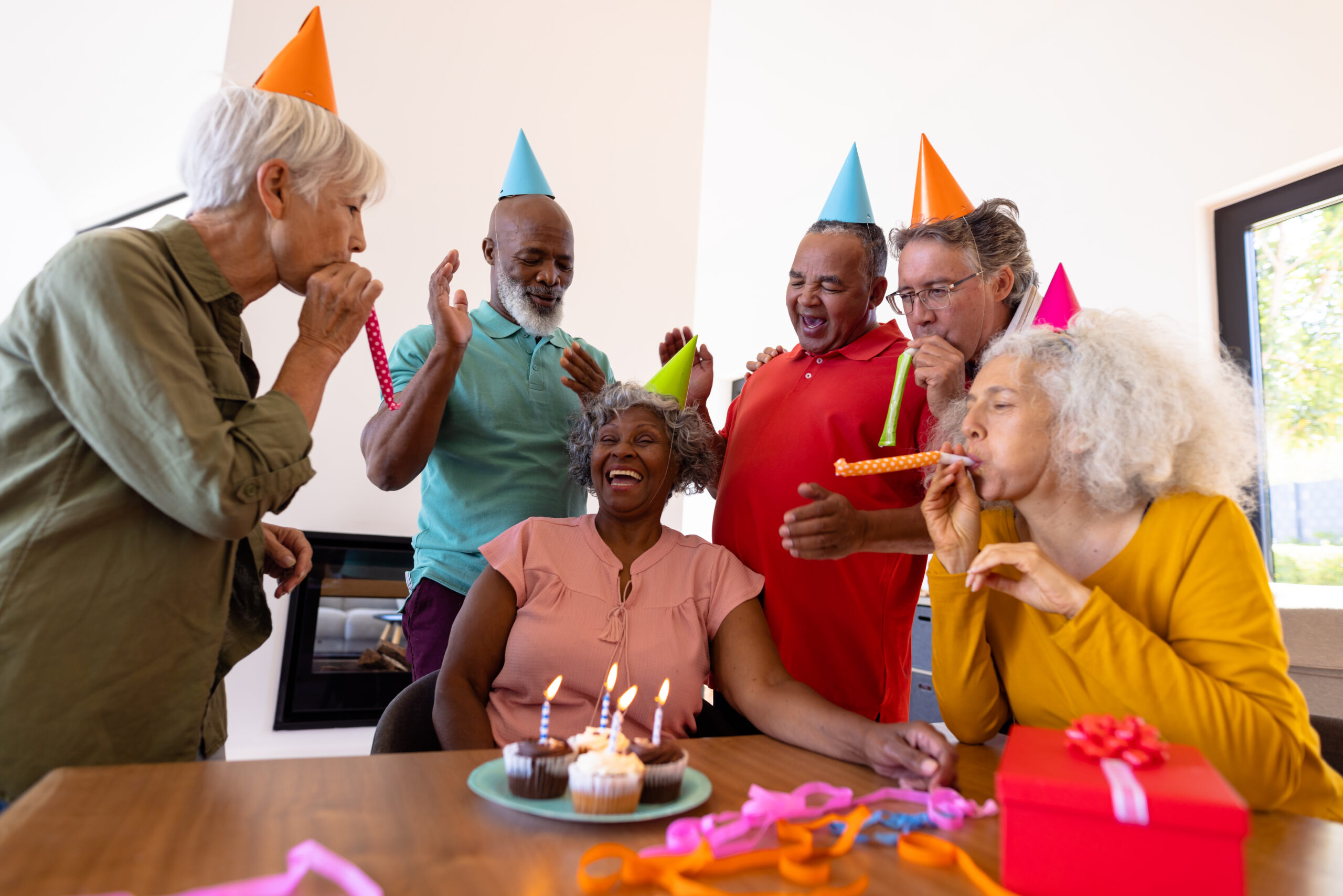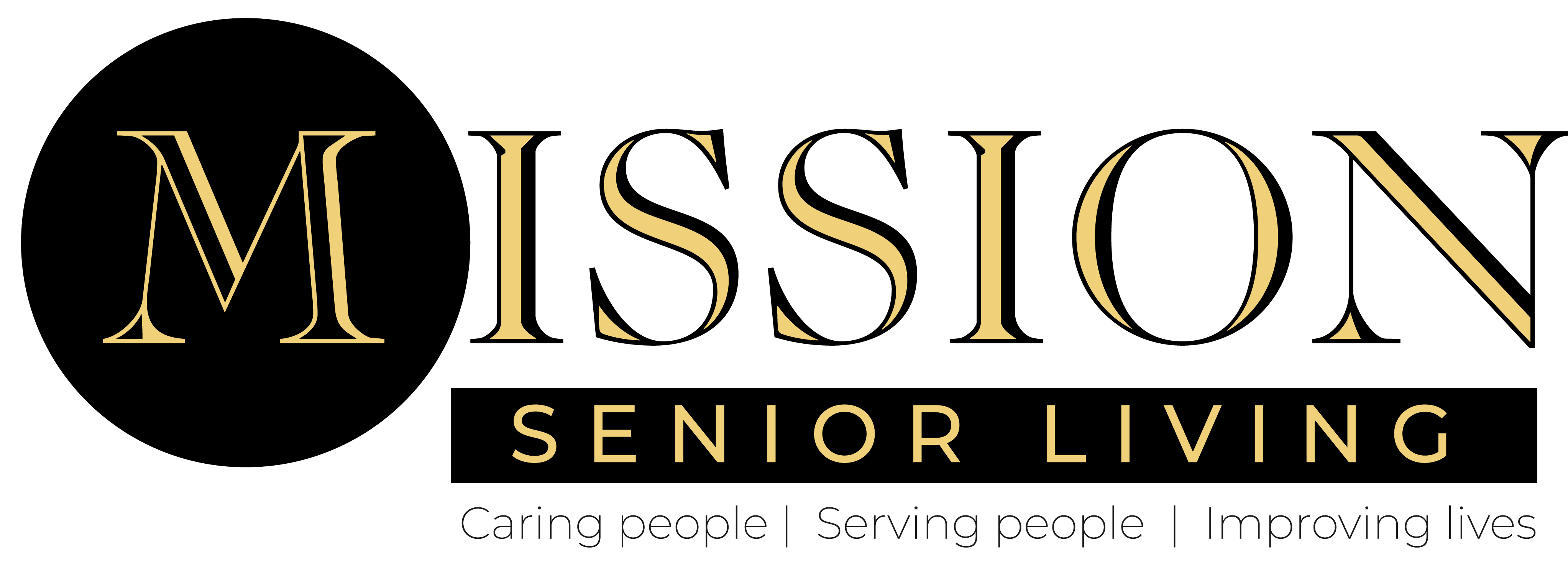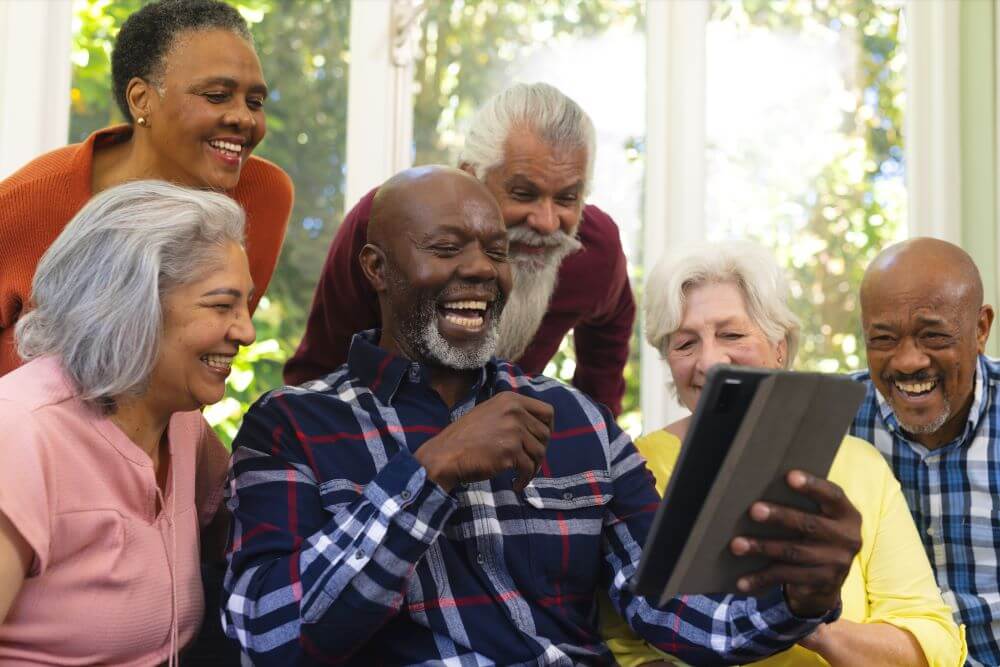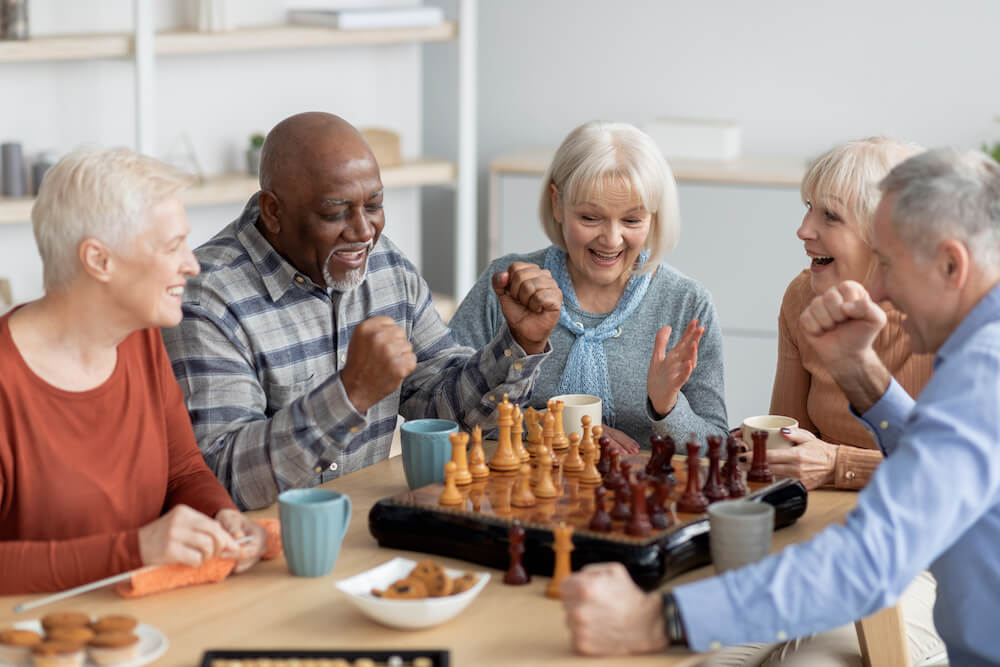In the tapestry of human life, every thread of experience contributes to the richness of our personal and collective stories. As individuals journey into their senior years, the fabric of their lives becomes a mosaic of memories, woven with threads of joy, sorrow, triumph, and resilience. Special events and activities in senior living communities serve as crucial stitches in this mosaic, not merely as markers of time but as vibrant celebrations of life itself. These gatherings hold a mirror to the significance of each person’s journey, reflecting the beauty of aging and the collective spirit of a community that honors every moment.

The Significance of Milestone Celebrations
Milestone celebrations in the context of senior living communities hold a unique and profound significance. These are not just parties; they are public affirmations of each resident’s worth, history, and contributions. Whether it’s a birthday, a wedding anniversary, or the anniversary of a resident’s arrival at the community, these events are pivotal in fostering a sense of belonging and community among residents.
Foster Community and Connection
One of the primary benefits of celebrating milestones is the fostering of community and connection among residents. These events create shared experiences, common memories, and opportunities for residents to engage with each other in meaningful ways. They encourage storytelling, where residents share parts of their life stories, thereby fostering deeper connections and understanding among community members. In doing so, these celebrations can significantly reduce feelings of loneliness and isolation among seniors, contributing to a more cohesive and supportive community environment.
Recognizing Life Events
Acknowledging life events through celebrations also has the effect of validating the individual’s experiences and achievements. For many seniors, moving into a senior living community represents a significant transition in life, one that may come with mixed emotions. Celebrating milestones can provide a sense of continuity and recognition, bridging past achievements and experiences with their current life phase. It’s a way of saying that while their living environment may have changed, their value, history, and contributions remain acknowledged and celebrated.
Types of Events and Activities
Senior living communities are increasingly recognizing the importance of offering a diverse array of events and activities to cater to the wide range of interests and backgrounds of their residents. These can include:

Birthdays and Holidays
Celebrating birthdays and holidays is a universal way of recognizing individual and cultural milestones. Such celebrations can be personalized to reflect the interests and backgrounds of the residents, making them feel seen and valued. Holiday celebrations, on the other hand, offer an opportunity for communal festivity, often bringing together residents, staff, and sometimes family members, to share in traditions and create new memories.
Cultural Observances
Cultural observances play a critical role in honoring the diverse backgrounds of community members. These events can be educational, offering residents and staff insights into different cultures and traditions, and they can also be a source of comfort and nostalgia for residents, reminding them of their roots and traditions.
Recreational Outings
Recreational outings are essential for providing stimulation, enjoyment, and a change of scenery. Visits to local attractions, parks, museums, or theaters can offer seniors enriching experiences, fostering a sense of adventure and curiosity. Such outings also encourage physical activity and engagement with the broader community, breaking down the walls of isolation that can sometimes form around senior living communities.
Planning and Execution
The planning and execution of special events in senior communities are as multifaceted as the residents themselves, requiring a careful, collaborative approach that involves staff, residents, and often, the residents’ families. This section delves into the nuances of organizing these events, ensuring they are accessible, enjoyable, and meaningful for everyone involved.
Collaborative Approach
Event planning in senior living settings thrives on a collaborative approach. Input from residents about the types of events they find meaningful or enjoyable is invaluable. Staff members often form committees to brainstorm and organize these events, incorporating feedback from residents to ensure the activities are well-received and engaging. This collective approach not only ensures a variety of events catering to diverse interests but also fosters a sense of ownership and anticipation among the residents.
Staff Responsibilities
Staff in senior living communities wear multiple hats when it comes to event planning. Their responsibilities range from ideation, logistics, and coordination to execution. Key among these duties is ensuring the safety and comfort of all participants, which includes arranging for transportation, dietary accommodations, and any necessary medical support. Staff also play a crucial role in promoting the events to ensure maximum participation and engagement from the community.
Budgeting
Financial considerations are critical in the planning process. Budget constraints require creative solutions to deliver high-quality events without compromising the experience. Fundraising, sponsorships, and partnerships with local businesses or cultural institutions can provide additional resources for special events, allowing communities to offer a richer array of activities without straining their budgets.
Ensuring Accessibility
Accessibility is a cornerstone of event planning in senior living communities. Every activity must be accessible to residents with a range of mobility and health conditions. This means considering physical access to event locations, as well as tailoring activities to accommodate varying levels of physical and cognitive abilities. The goal is to ensure every resident has the opportunity to participate fully in community events.

Benefits for Residents
The impact of special events and activities on seniors’ well-being cannot be overstated. These events offer more than just a break from the daily routine; they provide substantial benefits to emotional well-being, cognitive function, physical health, and social connections.
Emotional Well-Being
Special events bring joy, excitement, and a sense of anticipation, contributing significantly to the emotional well-being of seniors. Celebrating personal milestones and participating in group activities can boost mood, enhance self-esteem, and reduce feelings of loneliness and isolation. These occasions also offer opportunities for reminiscence, allowing residents to reflect on their life experiences and share their stories with others, fostering a sense of identity and continuity.
Cognitive Function
Engaging in a variety of activities, especially those that are novel or require problem-solving, can stimulate cognitive function in seniors. Events that involve learning new skills, participating in games, or engaging in discussions encourage mental agility and can help maintain cognitive health. Moreover, the social interaction inherent in these activities supports brain health by providing mental stimulation.
Physical Health
Many special events and activities encourage physical movement, whether through dance, exercise classes, or outdoor excursions. These activities promote physical health by improving strength, balance, and cardiovascular fitness. Additionally, events that encourage laughter and joy can have positive effects on overall health, reducing stress and its physical consequences.
Social Connections
Perhaps one of the most significant benefits of special events is their role in fostering social connections. These gatherings bring residents together, facilitating friendships and a sense of community. For many seniors, these connections are crucial, offering support, companionship, and a network of care. Participating in group activities can also help new residents integrate into the community, breaking down barriers and encouraging inclusivity.
Celebrating milestones and facilitating special events and activities are indispensable aspects of life in senior living communities. These celebrations are not just about marking time; they are about enriching lives, fostering connections, and honoring the individual journeys of each resident. As communities continue to innovate and adapt in their offerings, they ensure that the lives of their senior residents are full of joy, meaning, and connection. Encouraging ongoing engagement and participation in these events is crucial for maintaining a vibrant, thriving community where every senior feels valued and celebrated. Communities are thus encouraged to continue their commitment to providing meaningful, enjoyable events and activities that cater to the broad spectrum of interests and preferences of their residents, ensuring that the golden years are truly golden.





